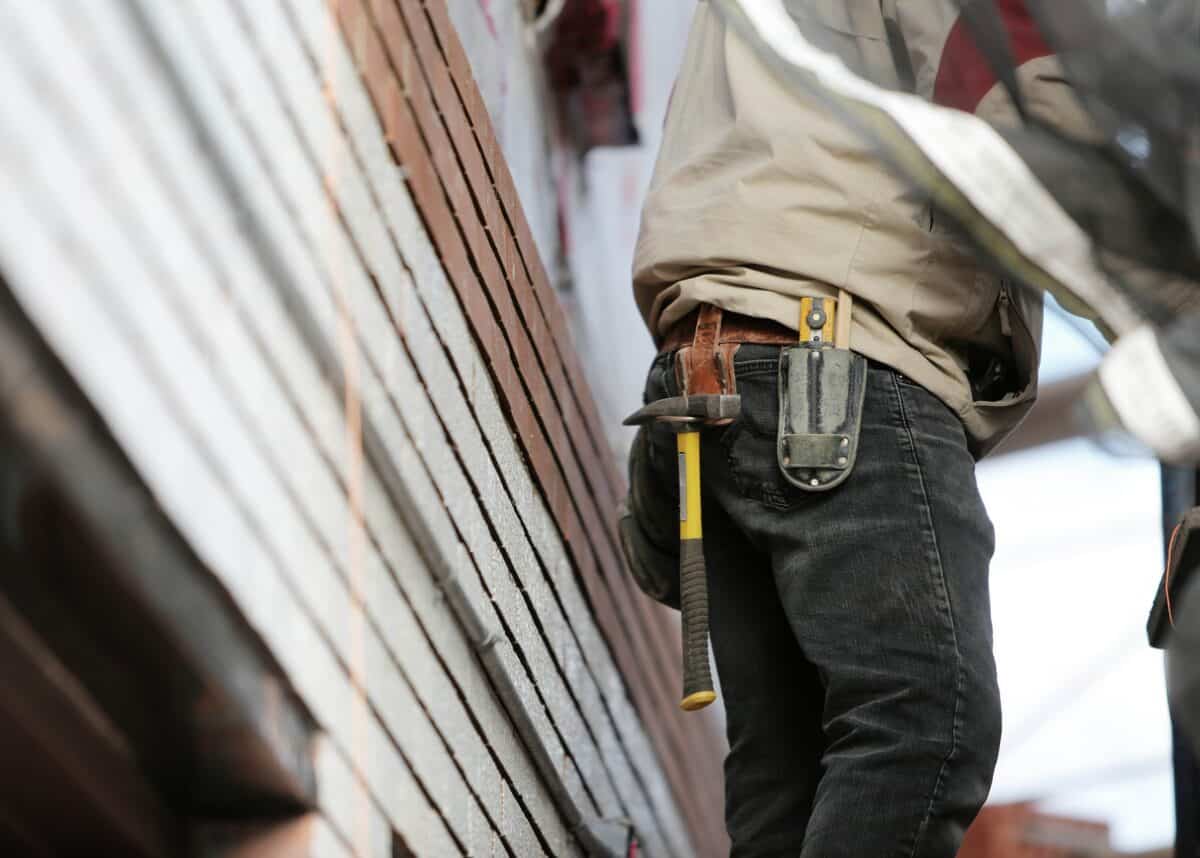The collapse of construction and property company, Pindan Group, which has gone into administration owing up to $100-million to workers, subcontractors and creditors – mainly in WA – shows the urgent need for statutory trusts and security of payment laws for the construction industry.
This is according to the CFMEU Construction & General union, which has called it a “a national disgrace” that workers, subcontractors and small businesses are left with the financial burden when builders and property developers like Pindan go under.
Perth-based Pindan went into voluntary administration on Tuesday. At the time it was running close to 70 projects and had just under 300 direct employees. Around half have since lost their jobs.
Ernst and Young has been appointed administrator for three of the company’s trading entities and as liquidator for nine others.
Latest in a long line of company failures
“Pindan Group is the latest in a long line of companies that have gone to the wall owing workers millions,” said Dave Noonan, CFMEU National Construction Secretary.
“The industry requires consistent national laws rather than piecemeal rules that savvy developers can drive a truck through, safe in the knowledge that they won’t be held to account.”
Noonan called for effective national security-of-payment laws, as well as statutory trusts to ensure workers, subbies and downstream businesses are paid for the work they do.
“The Pindan collapse should come as no surprise to state and federal governments. The Western Australian CFMEU has been warning that Pindan was one of the construction companies leading a race to the bottom in building and construction in the state,” he claimed.
“Governments need to act if they want to look after workers and subbies. The WA government has yet to even put to the parliament its long-promised but watered-down statutory trust laws.”
Subbies underwrite big corporate profits
According to Noonan, the subcontractors who do the bulk of the work and employ most workers in construction are forced to underwrite the profits of big developers who do not pay fairly or on time.
But WA’s finance minister, Tony Buti, said the State Government was considering how to help affected subcontractors.
The Government had introduced a new law in September to better protect payments for subcontractors in WA, however this had not passed through Parliament before it had wound up in November ahead of the election.
Buti said the state would ensure subcontractors were paid for at least two of its projects worth a combined $14-million.
The WA Government is also investigating whether it can deal directly with subcontractors, or bring in new head contractors, for a $35-million Department of Communities housing maintenance contract in the in the north-west of WA.












